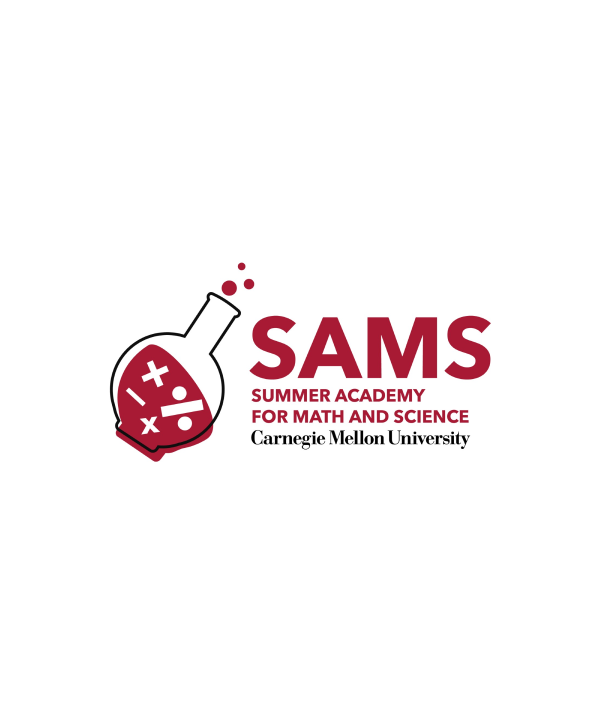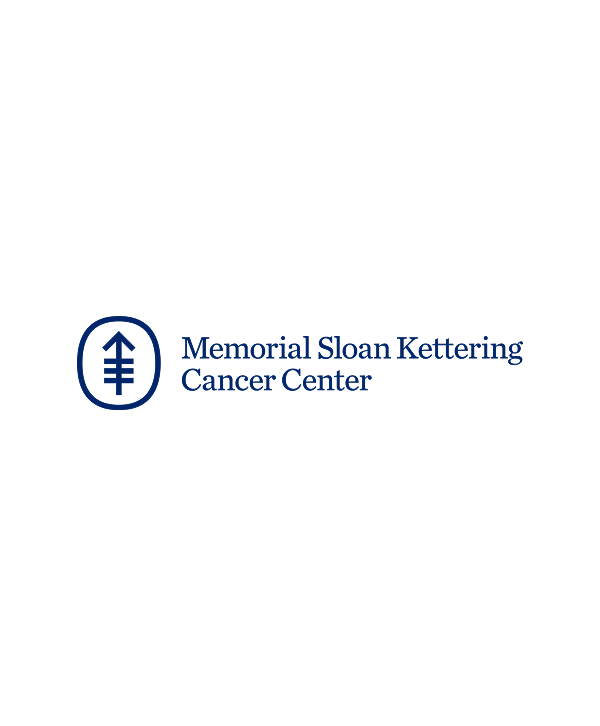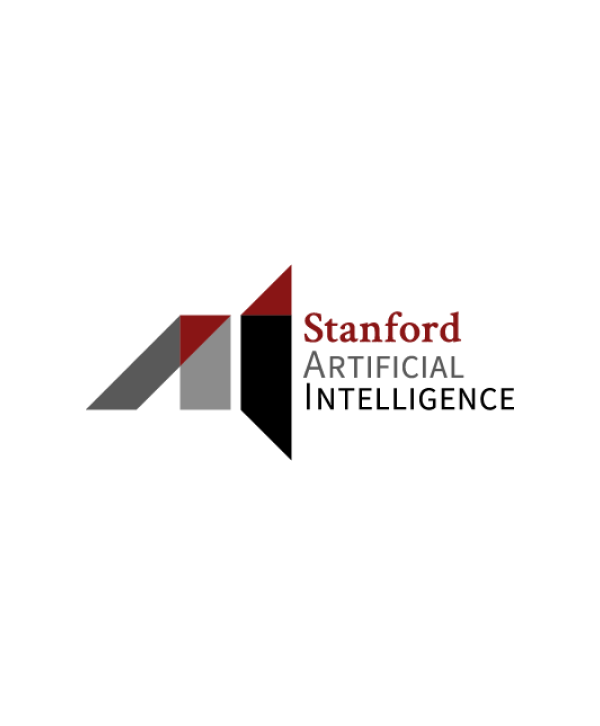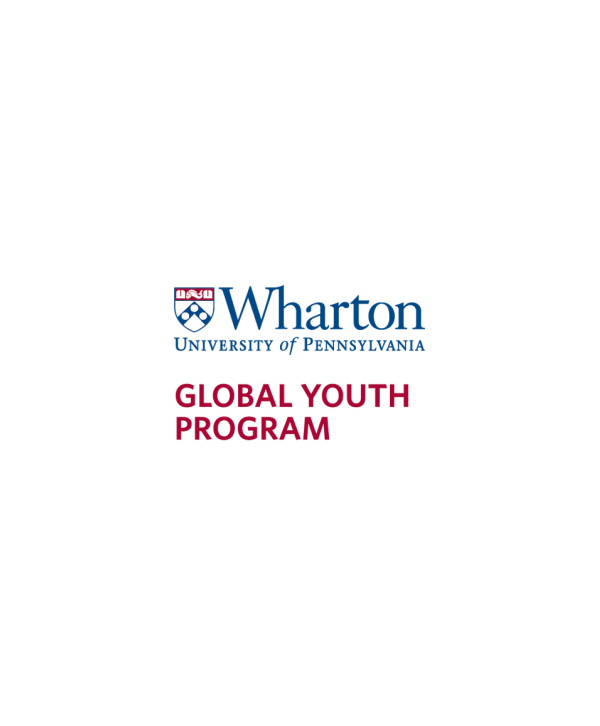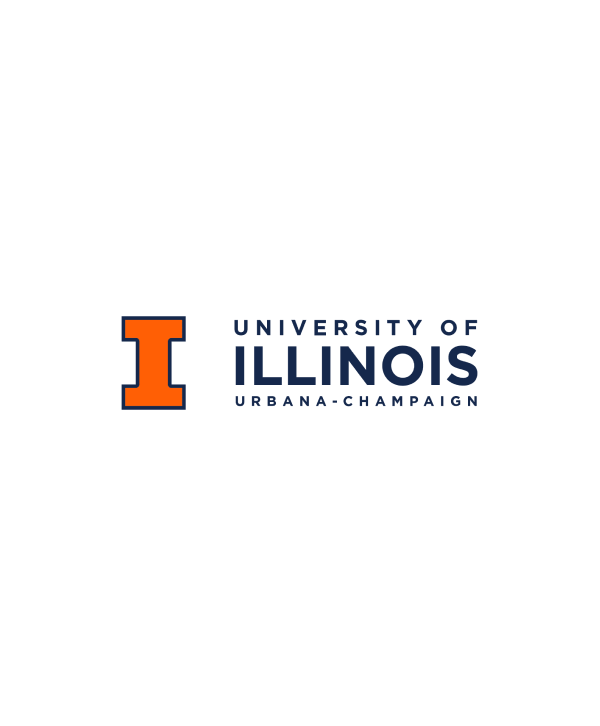High school students who participate in math programs get the skills, relationships, and self-assurance necessary to succeed both academically and professionally. They foster a love of mathematics while providing real-world knowledge and experiences that help students in a variety of fields. These programs frequently assist high schoolers in getting ready for math contests that might lead to college acceptance and scholarships, such as the International Mathematical Olympiad (IMO) or the American Mathematics Competitions (AMC). If you are worried about the expenses of these programs, here is a list of 11 free summer math programs for high school students:
1. Research Science Institute (RSI)
RSI, a top-tier, fully-funded summer STEM program run by CEE at MIT, combines theoretical study on campus with an off-campus research immersion. Each year, about twelve students participate in research projects in mathematics as part of its curriculum. Each student creates a customized project that plays to their interests and talents in collaboration with a graduate student mentor and an MIT faculty adviser.
André Dixon is the program assistant, while Prof. David Jerison and Prof. Ankur Moitra are the RSI academic advisers in charge of these mathematical initiatives. Through collaboration, RSI students engaged in mathematical research are guaranteed individualized attention and guidance from seasoned professionals in the field.
Eligibility: High School Juniors only (U.S.A and International)
Duration: 6 weeks
Cost: Fully funded, stipend provided, $40 application fee with a need-based refund.
For application date and details regarding program: https://www.cee.org/programs/research-science-institute
2. Carnegie Mellon’s Summer Academy for Math and Science (SAMS)
For juniors in high school from under-represented backgrounds, SAMS provides a special chance to succeed in advanced math, science courses and receive college credit. The six-week program is run by academics from Carnegie Mellon University and is entirely free. Participants follow a demanding program that includes academic and professional development courses, practical research projects, and classroom teaching.
Students present their STEM research projects during a one-day symposium that marks the program's conclusion. Candidates should exhibit a commitment to diversity and inclusion in education, a keen interest in mathematics, and extracurricular activities. SAMS especially urges students from under-represented communities, low-income families, and schools with restricted access to prestigious universities to apply.
Eligibility: Sophomores or juniors from high school and underrepresented communities.
Duration: 6 weeks
Cost: Fully funded
For application and details regarding program: https://www.cmu.edu/pre-college/academic-programs/sams.html
3. Texas Tech University’s Anson L. Clark Scholars Program
For high school juniors and seniors who are enthusiastic in mathematics, Texas Tech University's Anson L. Clark Scholar Program offers an extremely prestigious and one-of-a-kind opportunity to participate in a rigorous seven-week summer research adventure. Twelve very talented kids are eligible for this chance. In order to obtain practical research experience, scholars interact closely with experienced faculty members as they dive into their chosen fields, particularly particular themes in mathematics. The scholars earn a $750 reward for their hard work and accomplishment after finishing their research project report.
Eligibility: At least 17 years of age by the program start date.
Duration: 7 weeks
Program Dates: As per the previous program’s dates, most likely from June to August.
Cost: No cost; this program provides a $750 stipend. On-campus meals, room and board, and weekend activities/programming are covered. Travel to and from the program location, personal expenses, and medical expenses are not covered.
For further details: https://www.depts.ttu.edu/honors/academicsandenrichment/affiliatedandhighschool/clarks/
4. Mathroots at MIT
For high school students who are passionate in mathematics, and come from under-represented backgrounds or underprivileged neighborhoods, MIT-PRIMES offers a 14-day summer program called Mathroots. While honing their problem-solving skills, participants explore cutting-edge subjects in the area in an immersive experience. Under the direction of a group of seasoned teachers who are skilled in both research and competition mathematics, the program provides a variety of activities, including lectures, group projects, and seminars. Students learn new mathematical ideas and gain a deeper understanding of the subject with Mathroots.
Eligibility: U.S.A. citizens or students attending high school in the U.S.A (who are between the ages of 14–18)
Duration: 2 weeks
Program Dates: As per the previous program’s schedule, from June to July.
Cost: Free
For further details: http://mathroots.mit.edu/apply/
5. PRIMES USA
PRIMES-USA provides high school students around the country with a year-long, tuition-free mathematics research program. Graduate students and academic members from MIT and other universities coach the participants. Over the course of the academic year, the curriculum is divided into four stages.
Students study more complex texts in Phase 1. In phase two, research is conducted actively under mentor supervision. Independent study is the main emphasis of phase three. Phase 4, the last stage, comprises presenting findings at the Fall-Term PRIMES conference in mid-October and finishing the project with mentor assistance. In addition to giving presentations, students must write a final report that summarizes their study and may be submitted for publication in competitions and reputable research journals.
Eligibility: High school juniors and sophomores (including home-schooled)
Duration: Year-round!
Program Dates: Year-Round, from January 1 to December 31 of the calendar year.
Cost: None
For further details: https://math.mit.edu/research/highschool/primes/usa/index.html
6. IMA-MathCEP Math Modeling Camp at The University of Minnesota
High school students may use mathematical models to analyze real-world events, such as the impact of traffic on bridges or the consequences of climate change on natural resources, for free at the Math Modelling Camp. Participants are put through prolonged assessment of their problem-solving, teamwork, and attention to detail skills. Minnesota candidates are given preference in this non-residential program, especially those who live in the Twin Cities region. Completion of single variable calculus and a letter of recommendation from a math instructor are prerequisites for application!
Eligibility: Should currently be enrolled in high school and have completed a year-long course in single variable calculus by the end of the school year. (High school seniors who will have graduated by July are also eligible!)
Duration: 4 days
Application Deadline: May (tentative)
Program Date: June
For further details: https://cse.umn.edu/mathcep/ima-mathcep-math-modeling-camp
7. Rochester Institute of Technology (RIT) Math Summer Workshop
Under the direction of a group of RIT math experts, gifted high school students may hone their competitive edge at the free RIT summer program. Probability, functions, math biology, the Sisyphus function, the mad grocery shopper's dilemma, and avoiding the executioner are some of the subjects that will be discussed. When traditional answers and calculation techniques are insufficient, this session pushes students to stretch the limits of their mathematical creativity.
Eligibility: Open to high school students
Duration: 5 days
Application Deadline: Unspecified
Program Date: July
Cost: Free of cost
For further information: https://www.rit.edu/science/math-summer-workshop
8. Mathematics Courses by Harvard University
High school students can enroll in a variety of free, self-paced online mathematics courses offered by Harvard University in collaboration with edX throughout the summer. "Calculus Applied!" is one of these programs; it uses single-variable calculus tools to develop and evaluate mathematical models for the social, biological, and physical sciences. Additionally, two essential statistical methods in data analysis—inference and modeling—are taught in "Data Science: Inference and Modelling." Finally, using a case study on the 2007–2008 financial crisis, "Data Science Probability" discusses probability theory, which is essential for data scientists.
Eligibility: Open to high school students
Duration: Self-paced
Program Dates: Self-paced
Cost: Free of cost
For further information: https://pll.harvard.edu/subject/mathematics/free
9. SPARC (Summer Program on Applied Rationality and Cognition)
For high school students interested in applied mathematics, rationality, and decision-making, the Summer Program on Applied Rationality and Cognition (SPARC) is a special, rigorous summer program. Interactive lectures, collaborative problem-solving exercises, and practical projects are all incorporated into SPARC. Teachers in the program are frequently professionals with backgrounds in economics, computer science, mathematics, and cognitive science, or they are graduate students.
SPARC seeks intellectually curious, motivated students with a background in mathematics or a strong interest in analytical thinking. The application process typically includes essays, recommendations, and a series of puzzles or logic problems to gauge critical thinking skills.
Eligibility: High school students
Duration: Typically 2 weeks in summer
Cost: Tuition-free for admitted students, with full scholarships available to cover travel, housing, and meals.
For application and details regarding the program: https://www.sparc.camp/program
10. Hampshire College Summer Studies in Mathematics (HCSSiM)
For high school students who are enthusiastic about mathematics, Hampshire College offers a demanding and well-known summer program called Hampshire College Summer Studies in Mathematics (HCSSiM). Since 1971, HCSSiM has been motivating young mathematicians with its immersive and nontraditional methodology. Being extremely selective, HCSSiM looks for students who show a keen interest in and talent for mathematics.
It's especially helpful for kids who are thinking about pursuing a career in mathematics or a similar discipline, as well as for everyone who enjoys solving complicated problems and thinking outside the box.
Eligibility: High school students
Duration: 6 weeks, typically from early July to mid-August
Cost: Tuition-based, but financial aid is available to make the program accessible to students of all financial backgrounds.
For application and details regarding the program: https://hcssim.org/
11. Bridge to Enter Advanced Mathematics (BEAM)
An inventive initiative called Bridge to Enter Advanced Mathematics (BEAM) aims to help underprivileged kids access advanced math and STEM possibilities. BEAM supports middle and high school kids who have a significant aptitude for mathematics by assisting them in developing core abilities, tackling complex math problems, and getting aid for their future STEM endeavors.
Students from under-represented or low-income backgrounds who demonstrate an interest in or aptitude for math are the focus of BEAM. It is distinctive due to its focus on providing excellent mathematical training and continuous mentoring. It's a great choice for students who want to develop a solid mathematical foundation, have access to more advanced programs, and make friends with like-minded individuals.
Eligibility: 6th-12th Graders
Duration: Typically 3 weeks for the summer program, with additional year-round support and follow-up opportunities
Cost: Free for all participants; BEAM provides scholarships that cover all expenses, including meals, transportation, and housing (if applicable).
For application and details regarding the program, https://www.beammath.org/
The benefits of these competitions are numerous!
College admissions committees value competitive math programs. A strong dedication to education and a readiness to seek postsecondary education beyond what is offered in high school is demonstrated by participation. The focus of math curricula is on creative problem-solving, which teaches pupils how to tackle challenging issues methodically and rationally. Students who acquire these abilities early on will perform better in math and other areas that call for critical thinking. Numerous programs have research components in which students solve open-ended questions or apply mathematical ideas to practical difficulties. For those thinking about pursuing jobs in research, engineering, computer science, or finance, this exposure is priceless.
